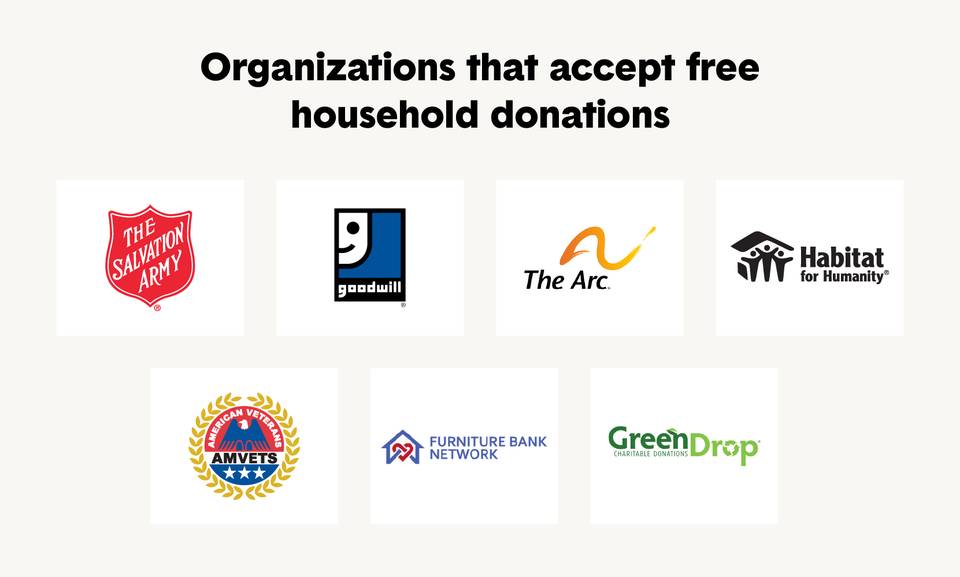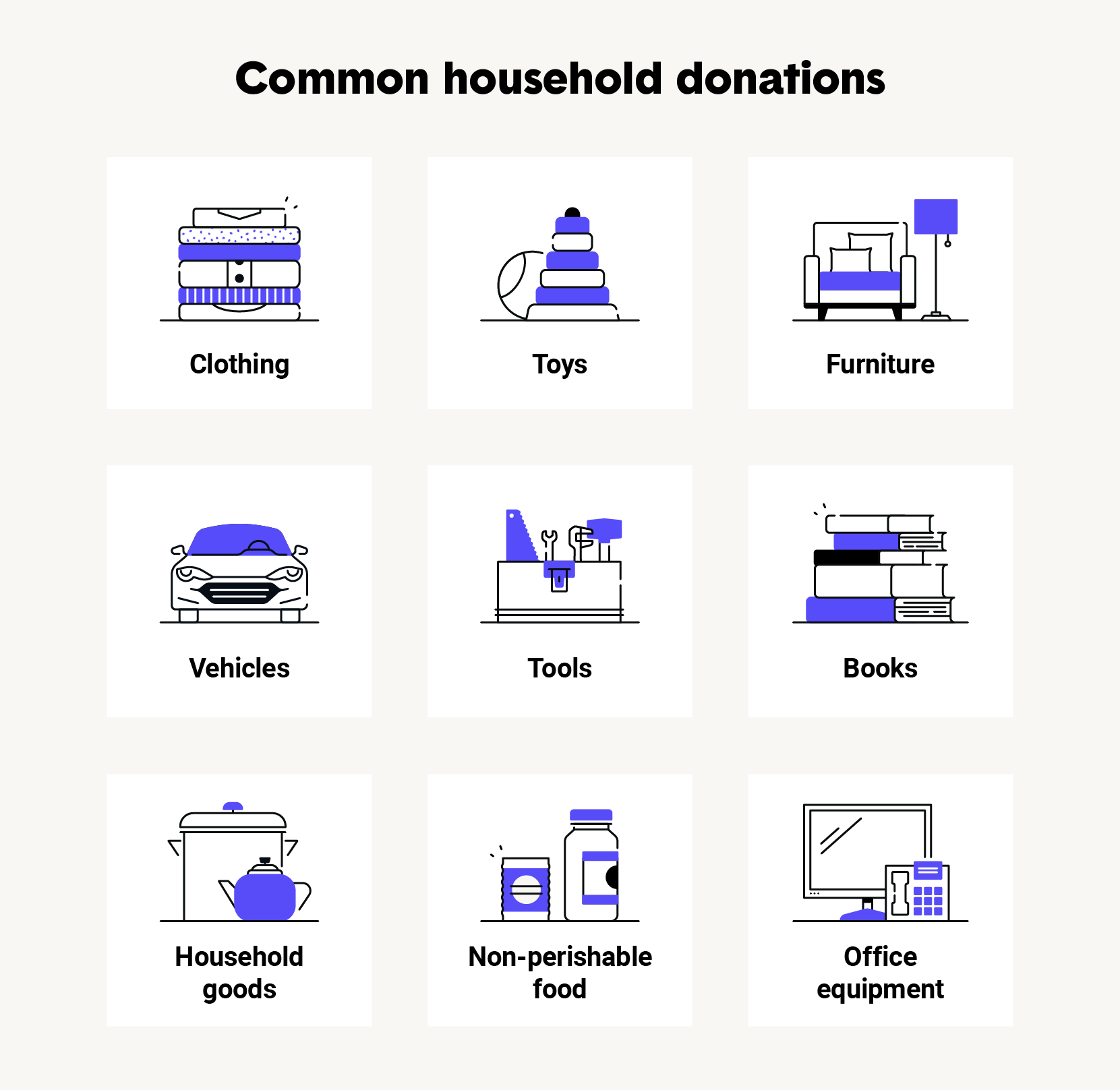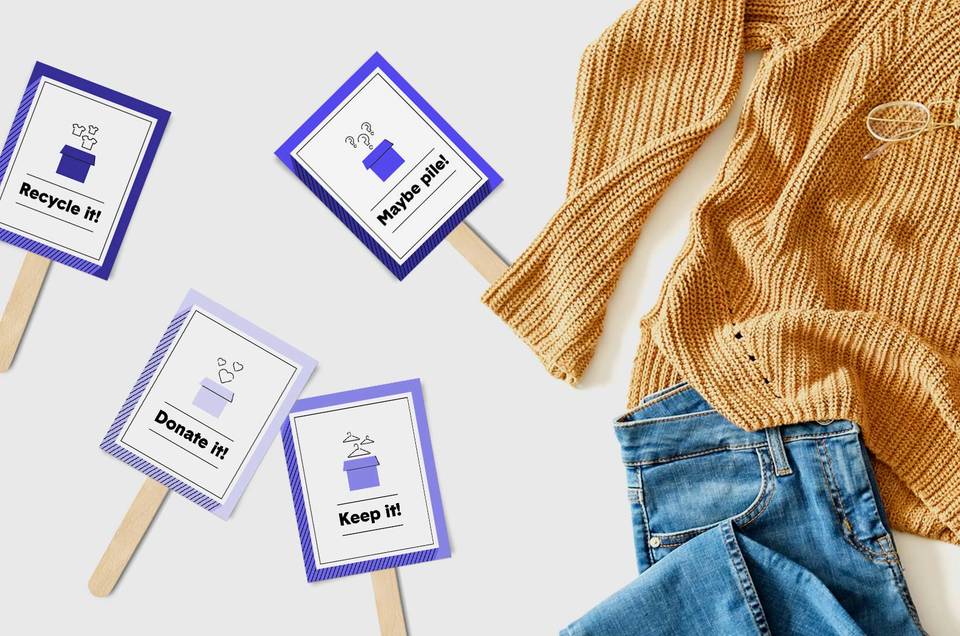So the saying goes — one person’s trash is another person’s treasure. If you’re thinking of getting rid of some household items, sharing those resources with local organizations can give your stuff a second chance at life.
Donating used items to charity can help members in your community who need them most, and it can be as easy as scheduling a home pickup online. Charities will pick up everything from secondhand clothes to automobiles, at no cost to you.
Whether you’re streamlining your belongings before a move or simply decluttering your home, this guide has got you covered. Learn how and where to donate used items, plus the benefits to you and your community. We’ve also included COVID-19 updates so you can learn how to donate safely. Use these jump-to links below to easily navigate this article:







